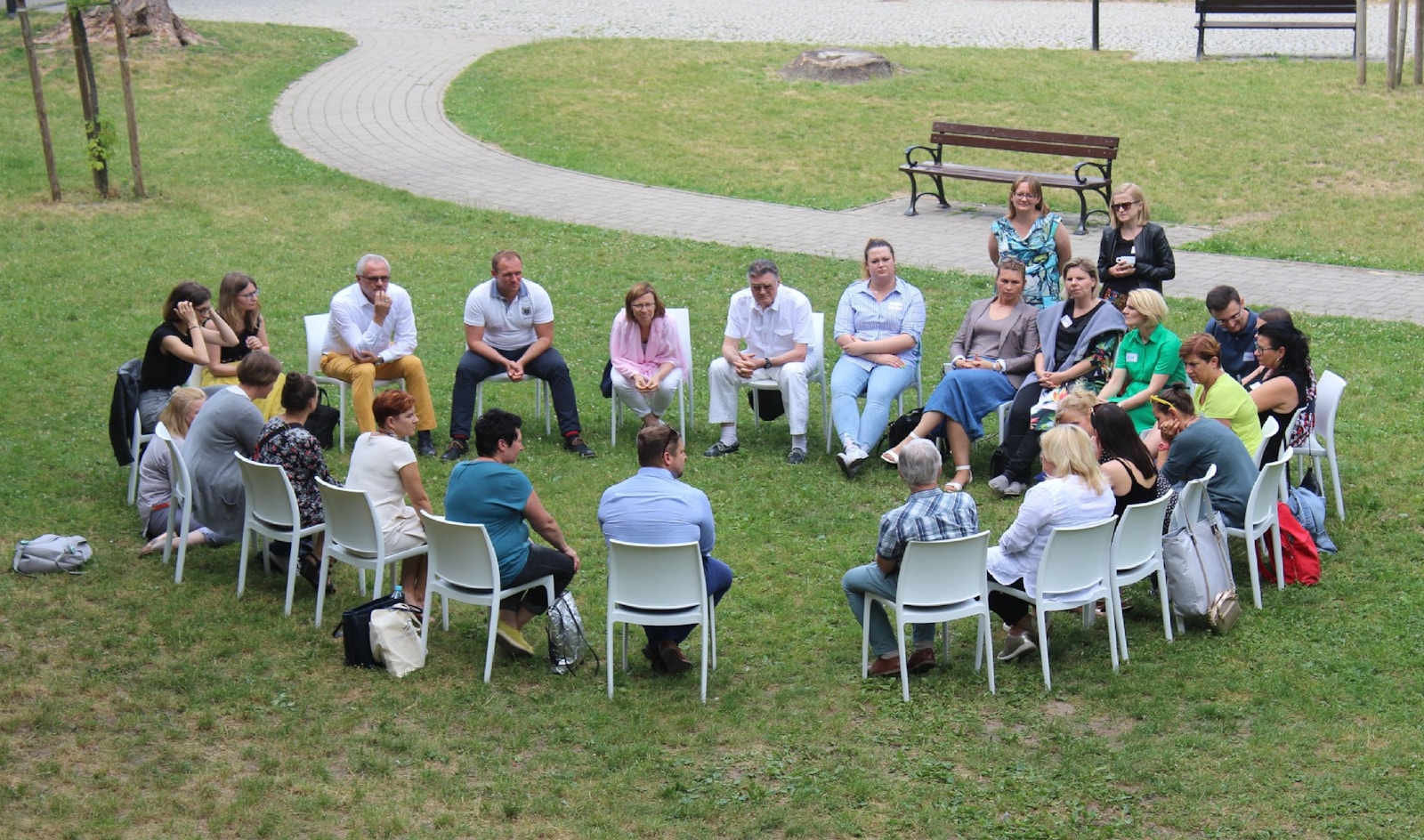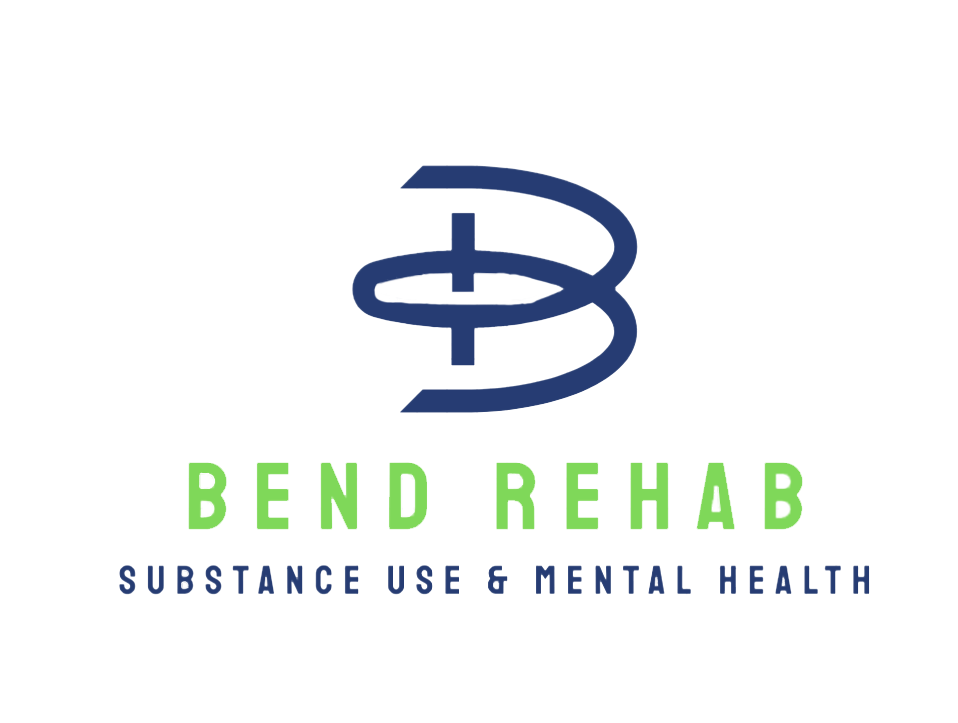The Best Rehab Centers in Bend OR
Finding the right rehabilitation center is one of the most critical steps toward recovery. Whether you’re seeking support for substance use, mental health, or both, rehab centers in Bend OR offer a diverse range of services tailored to meet each individual’s unique needs. With an emphasis on evidence-based care and a compassionate approach, these centers provide life-changing support to those ready to embark on a path toward healing. This blog will explore the many therapeutic offerings available in Bend, highlight the difference between mental health and substance use disorders, and help you discover the best path forward. Let’s begin by breaking down how treatment is structured in these centers and how to determine which is right for you or your loved one.
Understanding Substance Use Disorders vs Mental Health Disorders
Substance use disorders (SUDs) and mental health disorders are distinct but often interconnected challenges. Understanding their differences is key to seeking the most appropriate treatment at rehab centers in Bend OR. Substance use disorders involve the compulsive use of substances such as alcohol, opioids, methamphetamine, or cocaine, despite negative consequences. Mental health disorders include conditions such as depression, anxiety, bipolar disorder, and PTSD that impact emotional regulation, thought processes, and behavior. Despite these differences, both types of disorders require specialized, compassionate treatment because:
- Many individuals with substance use disorders (SUDs) also experience co-occurring mental health disorders, such as anxiety, depression, or PTSD. These overlapping conditions often require integrated treatment approaches to address both issues effectively.
• Mental health conditions, such as depression, anxiety, or PTSD, can increase the risk of substance abuse as individuals may turn to drugs or alcohol as a coping mechanism to manage their emotional pain or stress.
Effective treatment focuses on addressing both mental and behavioral health needs, ensuring a comprehensive approach that considers emotional well-being, thought patterns, and actions. This holistic approach helps individuals achieve lasting improvements in their overall health and quality of life.
• Therapeutic interventions must be integrated to provide a whole-person approach, addressing not only physical health but also emotional, mental, and social well-being for comprehensive care.
• Dual diagnosis programs are available in rehab centers in Bend, OR, offering specialized treatment for individuals dealing with both mental health disorders and substance abuse. These programs are designed to address both conditions simultaneously, providing comprehensive care and support for long-term recovery.
Addiction Intervention: A Critical First Step
Addiction intervention services are often the turning point for individuals in denial about their substance use. These structured conversations are led by professionals and aim to help a person recognize the impact of their addiction. In rehab centers in Bend OR, intervention services are personalized and designed to approach individuals with empathy rather than confrontation. This ensures that the intervention is productive, not punitive, helping loved ones understand their role in supporting recovery. Key components of effective addiction intervention services include:
•Coordination by licensed intervention specialists or counselors.
•Pre-intervention meetings to prepare families and participants.
•Clear communication of treatment options during the intervention.
•Non-judgmental and supportive approaches to reduce resistance.
•Immediate access to detox or rehab programs if the individual agrees to treatment.
Detox Programs: Managing Withdrawal Safely
Detoxification is the process of removing harmful substances from the body and is the first physical step in the recovery journey. Rehab centers in Bend OR offer medically supervised detox programs to ensure safety and comfort throughout the withdrawal phase. Detox can be dangerous if not properly monitored, especially with substances like alcohol, benzodiazepines, or opioids, which can cause severe or life-threatening symptoms. During this phase, patients are stabilized both physically and emotionally, preparing them for deeper therapeutic work. A comprehensive detox program typically includes:
•24/7 medical supervision to monitor vitals and manage symptoms.
•Medication-assisted treatment (MAT) to ease withdrawal discomfort.
•Psychological support and counseling during acute withdrawal.
•Nutritional and hydration support to restore balance.
•Smooth transition to inpatient or outpatient programs post-detox.
Inpatient & Outpatient Programs: Choosing the Right Structure
Inpatient and outpatient rehabilitation programs each serve distinct purposes and cater to varying levels of need. Inpatient programs offer a structured, residential environment where clients can focus entirely on their recovery without outside distractions. On the other hand, outpatient programs allow clients to live at home while attending scheduled treatment sessions. Both formats are widely available in rehab centers in Bend OR, with some offering hybrid models for added flexibility. Benefits of each option include:
•24/7 supervision and medical support.
•Structured daily routines focused on recovery.
•Peer support in a therapeutic community.
•Ideal for individuals with severe addictions or co-occurring disorders.
•Removed from daily triggers and temptations.
•Flexibility for work, school, or family responsibilities.
•Access to therapy without full residential commitment.
•Effective for mild to moderate addiction.
•Encourages applying learned strategies in real-world settings.
•Often more cost-effective than inpatient care.
Individual & Group Therapy: Healing Through Connection and Reflection
Therapy is the backbone of effective rehabilitation, and most rehab centers in Bend OR offer both individual and group sessions. Individual therapy provides a confidential space for patients to explore personal trauma, mental health issues, and the root causes of addiction. Group therapy complements this by offering peer support, shared experiences, and a sense of community. Together, these therapies foster personal insight, accountability, and emotional resilience. Individual and group therapy sessions often include:
•One-on-one sessions with licensed therapists for deep self-exploration.
•Group discussions moderated by clinicians to promote healthy communication.
•Psychoeducational groups to build understanding of addiction and recovery.
•Peer bonding that reduces isolation and stigma.
•Role-playing and skill-building exercises to reinforce coping strategies.

Cognitive Behavioral Therapy (CBT): Rewriting Thought Patterns
CBT is one of the most widely used and effective therapeutic methods in treating both addiction and mental health disorders. This evidence-based approach helps individuals identify and change distorted thinking that leads to destructive behaviors. CBT is commonly incorporated into treatment plans at rehab centers in Bend OR due to its adaptability and proven results. Through CBT, clients learn to shift negative thoughts into constructive, reality-based perspectives. Key elements of CBT include:
•Identifying automatic negative thoughts and cognitive distortions.
•Challenging irrational beliefs with factual evidence.
•Developing healthier thinking patterns and behaviors.
•Learning problem-solving and coping skills.
•Homework assignments to reinforce therapy outside of sessions.
Dialectical Behavior Therapy (DBT): Emotional Regulation for Complex Needs
Originally developed for borderline personality disorder, DBT has proven highly effective for individuals struggling with intense emotions, self-harm, and co-occurring disorders. Rehab centers in Bend OR utilize DBT to help clients build distress tolerance and enhance emotional regulation. DBT blends cognitive-behavioral techniques with mindfulness, making it a powerful tool for those who feel overwhelmed or disconnected. DBT programs typically involve:
•Skills training groups that teach mindfulness, interpersonal effectiveness, emotion regulation, and distress tolerance.
•Individual therapy focused on personal behavior patterns and goals.
•Phone coaching or digital tools for real-time support.
•Behavioral chain analysis to understand emotional reactions.
•Emphasis on accepting self while striving for change.
Eye Movement Desensitization and Reprocessing (EMDR): Healing Trauma
EMDR is an innovative therapy often used to treat trauma, PTSD, and anxiety, which are common among people with substance use issues. The technique uses bilateral stimulation—often through guided eye movements—to help clients reprocess traumatic memories. EMDR is offered in many rehab centers in Bend OR, especially those that focus on trauma-informed care. It helps individuals reduce emotional distress connected to past experiences without extensive verbal discussion. EMDR treatment involves:
•Detailed history-taking and identification of traumatic targets.
•Use of bilateral stimulation to access and reprocess disturbing memories.
•Creating a safe, grounded mental space before and after sessions.
•Reduction in emotional reactivity and associated symptoms.
•Integration of new, adaptive beliefs about self and the world.
Case Management: Guiding the Recovery Journey
Successful recovery is not just about therapy—it’s also about coordination, planning, and support. Case managers in rehab centers in Bend OR serve as advocates and navigators for clients, helping them access services and stay on track with treatment goals. They ensure that all aspects of a person’s recovery plan, including housing, employment, legal issues, and aftercare, are addressed. Case management provides structure and accountability throughout the journey. Duties of a case manager often include:
•Creating and updating individualized treatment plans.
•Coordinating with doctors, therapists, and outside agencies.
•Connecting clients to community resources like housing or job training.
•Monitoring progress and identifying obstacles in recovery.
•Supporting transitions between different levels of care.
Mentoring Programs: Peer Support and Real-Life Inspiration
Mentorship plays a powerful role in helping individuals stay engaged in recovery. Rehab centers in Bend OR often include mentoring programs where individuals in long-term recovery guide those who are newly sober. These relationships are grounded in empathy, shared experience, and accountability. Unlike clinicians, mentors offer insights based on lived experience and can be invaluable for motivating clients to stay committed to recovery. Features of an effective mentoring program include:
•Regular one-on-one meetings between mentor and mentee.
•Peer support grounded in shared recovery experiences.
•Goal setting and encouragement toward personal growth.
•Practical advice on managing triggers and life challenges.
•Increased hope and reduced isolation through human connection.
Relapse Prevention: Sustaining Long-Term Recovery
Relapse prevention is a vital component of any rehab program. It equips individuals with the tools they need to maintain sobriety and handle triggers, stressors, or high-risk situations. At rehab centers in Bend OR, relapse prevention planning starts early and continues throughout treatment. Clients learn to anticipate challenges and prepare practical strategies to stay on course. Effective relapse prevention strategies include:
•Identifying personal triggers and warning signs of relapse.
•Creating a detailed action plan for high-risk scenarios.
•Building a strong support network of peers, sponsors, and counselors.
•Practicing mindfulness and stress-reduction techniques.
•Ongoing participation in aftercare, alumni groups, or 12-step programs.
Choosing the Best Fit: What to Look for in a Rehab Center
Not all rehab centers are created equal, and choosing the best one depends on your unique needs and goals. Whether you’re seeking dual-diagnosis treatment, trauma therapy, or a flexible outpatient schedule, rehab centers in Bend OR offer diverse options. Look for programs that are licensed, accredited, and grounded in evidence-based practices. A center should make you feel safe, respected, and supported every step of the way. When evaluating a rehab center, consider:
•Do they offer individualized treatment plans?
•Are their staff qualified in addiction and mental health treatment?
•Is there a strong continuum of care—from detox to aftercare?
•What therapeutic modalities do they specialize in (CBT, DBT, EMDR)?
•Do they provide support for co-occurring disorders and family involvement?
The Importance of Integrated Care
The overlap between mental health and substance use disorders requires a comprehensive approach. Integrated care means addressing both issues simultaneously, not in isolation. Many rehab centers in Bend OR specialize in dual diagnosis treatment to ensure no aspect of a person’s condition is overlooked. Integrated care leads to better outcomes because it treats the whole person, not just symptoms. Integrated care typically includes:
•A multidisciplinary team of therapists, psychiatrists, and addiction specialists.
•Coordinated treatment plans for both mental and substance use disorders.
•Ongoing assessment to adapt to changing needs.
•Holistic services like yoga, nutrition, and expressive arts.
•Continuity of care between residential, outpatient, and community support.
Conclusion: Hope Begins in Bend
Finding the right support doesn’t have to be overwhelming. With its compassionate providers and wide array of services, rehab centers in Bend OR are equipped to meet individuals wherever they are on their recovery journey. Whether you’re struggling with addiction, mental health, or both, there is a program designed to help you heal, grow, and rebuild your life. We make it very easy to contact us today by calling 1 (541) 802-7214 or visiting our website. By understanding the available treatments—intervention, detox, therapy, case management, mentoring, and relapse prevention—you can make an informed decision about your care. Recovery is not just possible; it’s waiting for you in Bend, Oregon.




